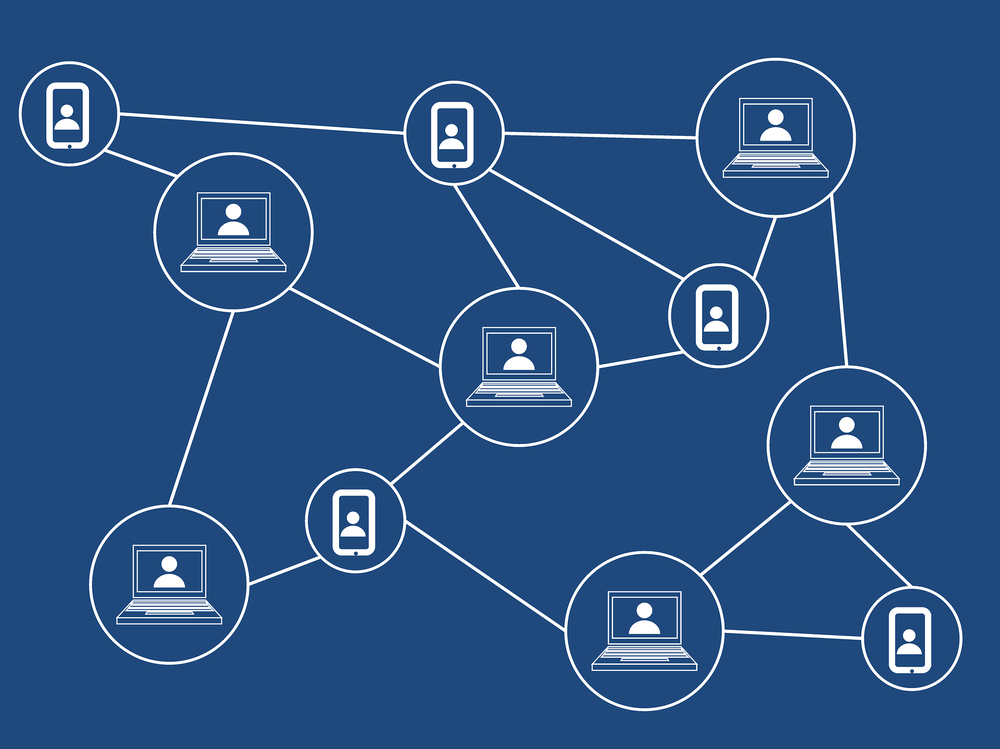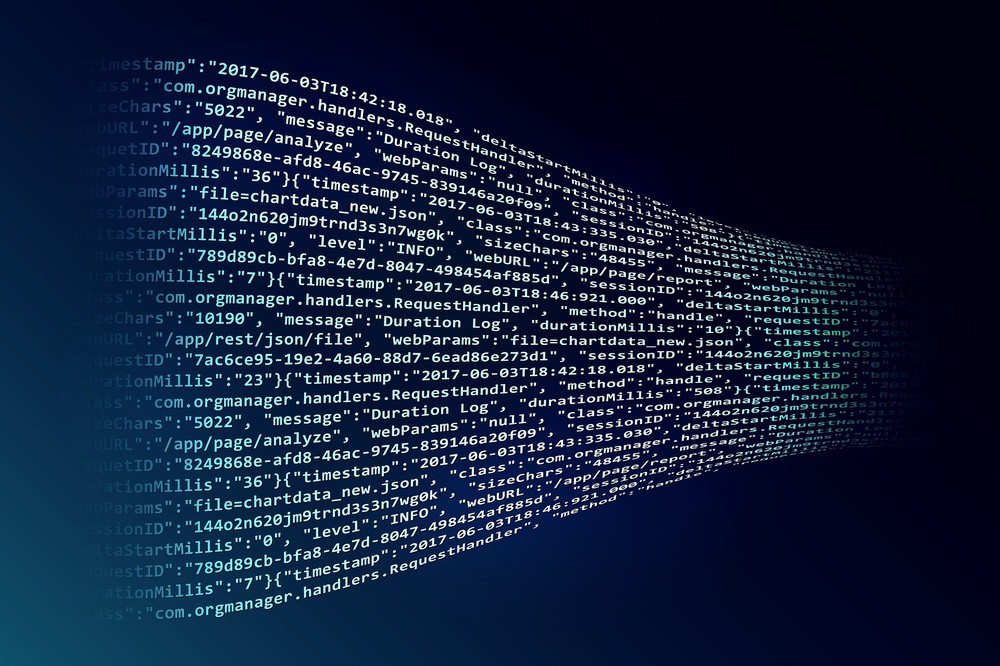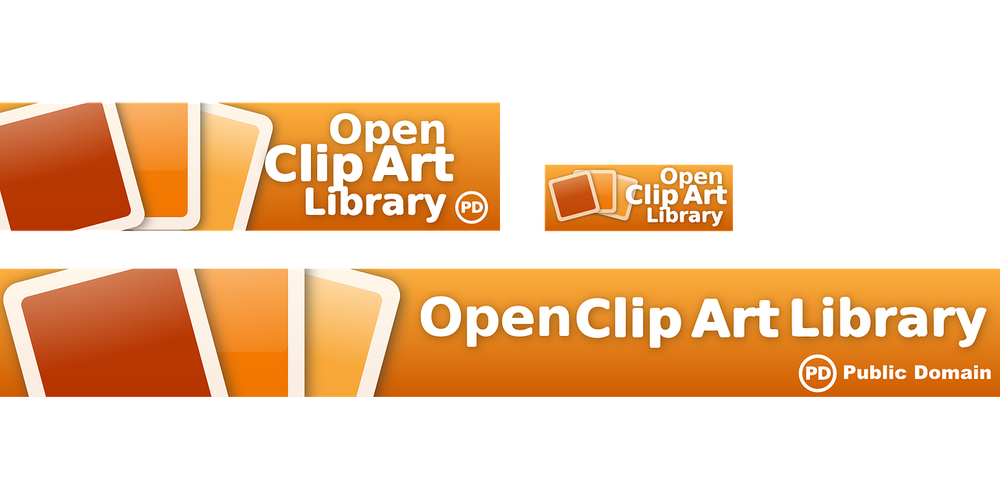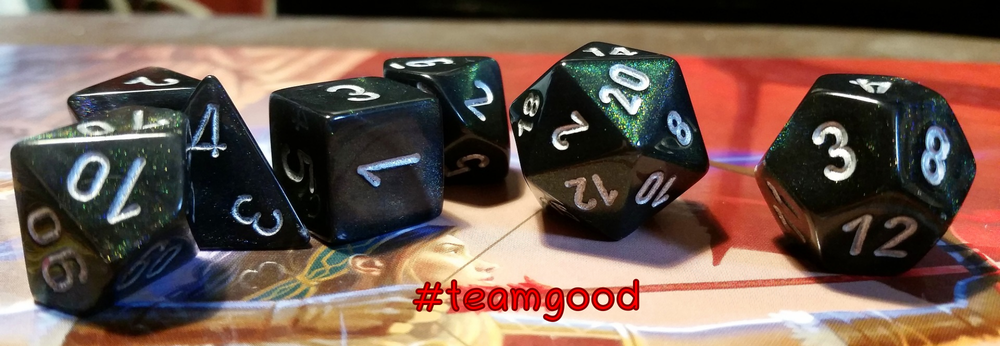There appears to be a need for a post detailing what exactly blockchains are, what we mean by "decentralization", what Block Producers/Witnesses/Delegates actually do, what constitutes abuse, rules regarding plagiarism, and so forth. In other words, answers to common questions and corrections to some misconceptions about just what we're all doing here.

What Is a Blockchain?
Basically, a blockchain is a digital ledger similar to one kept by your financial institution or accountant. The advantage blockchains have over traditional ledgers is that they are fully transparent to the public, and once a transaction is processed, it cannot be altered. Everything we do on this platform and others like it - any post, comment, up-vote, wallet transfer, etc. - is a transaction. It is immutably written to the blockchain. This is why there is a saying in the crypto-sphere, "Don't trust. Verify." At least theoretically, this transparency removes the need for oversight or regulation, because unlike your banker, it is very difficult for someone utilizing a blockchain to hide their activity.

What Is Decentralization?
For at least hundreds of years, banks, central governments, investment firms, and others with large financial holdings kept all of their records on paper. There are major flaws with this method, most obviously that there was often only one copy of such records, and thus a fire or flood could destroy them entirely or a crook could come along and alter them fraudulently. Even with the advent of computers, mass storage, and the internet, most of these institutions kept their records on one central server. More recently many have begun to use backups. But this still presents a glaring security hole: What if some resourceful hacker breaches that server's firewall and transfers all of your hard-earned savings into their bank account? Sure, in most countries your deposits are insured, but that just means if they are stolen, liability for covering your withdrawal falls to tax-payers and the money itself remains stolen. That is tax-payer money that can then no longer be used for bridges, roads, schools, or even actual investment and improvement of your country's economy. (Because whether central bankers want us to believe otherwise or not, capital is not infinite.)
The advantage blockchains have over such systems is that their ledger data is not stored in one location, but on many servers often spread across the entire planet. Some blockchains will utilize a structure where only parts of information are stored on any given server, and a secure key is required to unlock the entire data set. Many of the companies using blockchains to sequence and store participants' DNA use this method. Others such as Scorum will have each server contain the entire blockchain ledger, so that if any one server is compromised or disabled, it has no effect on the continued function of the blockchain itself. Instead of centralized control over currency or data (which are the same thing as far as binary computers are concerned - all 1's and 0's), the control rests in the hands of many in different locations and with different backgrounds, skill-sets, intentions, and so on.

What Are Block Producers/Witnesses/Delegates, and What Do They Do?
These are just three different titles, if you will, for people who perform the same functions. I will refer to them here simply as Delegate(s) since that is their title on the Scorum platform. At their most basic, they own (or more often rent) and maintain (or pay someone else to maintain) the servers that process every transaction on every blockchain. Every post, comment, up-vote, Delegate vote, etc. is a transaction, and a block is just a number of transactions that have been verified, signed, and published to the blockchain by the Delegate that processed that block. Many blockchains including Scorum use a voting system where each user of the platform may cast votes for a limited number of Delegates - 30 in the case of Scorum. I cannot over-state the importance of voting for Delegates, specifically those with a proven track record of reliability and stability, and ideally who share your values.
Full disclosure: I am an advisor to and co-founder of the @teamgood Delegate team here on Scorum. Technical details for our Delegate can be viewed here.
Many Delegates are also either developers or otherwise involved with other projects, such as https://betscorum.com/en-us and https://scorumpoker.com/ for examples.
Presently there is no way to vote for Delegates directly from the Scorum site. As a personal aside, I hope that changes sooner than later. @guiltyparties, who is part of the @bro-delegate Delegate team here on Scorum, has built a tool to do so at https://www.guiltyparties.com/scorum/ which to the best of my knowledge is trusted by the founders of Scorum. I will update this post accordingly if that is incorrect. I know @guiltyparties and will vouch for him creating a working product with no funny-business, but again, "Don't trust. Verify." I.e. don't take my word for it. His tool does not store your key, only uses it locally to sign the Delegate vote transaction(s), and if you are familiar with using cli_wallet via command line it is the most secure way to transact with the blockchain.

What Constitutes Abuse?
Obviously I cannot cover every instance of abuse, so I won't try to do so. We have all been on the internet long enough to determine what is and isn't abuse, however subjective those determinations may be. At the very least, you must respect the laws of your country regarding harassment, threats, and other conduct deemed by that jurisdiction to be criminal in nature. At best, we should all strive to treat each other with the same respect and dignity we expect for ourselves. This idea is ubiquitous across religions and philosophies, but seems to be often ignored by some who feel the anonymity of the internet protects them against liability for their actions. It does not. We aren't all going to like each other, but we don't have to in order to treat each other with civility.

Copyright and Intellectual Property
This is a complex topic because the laws governing copyright vary widely by country, and a platform like Scorum has users from all over the world. I will give the basics and use examples from the United States, since that is where I live and with whose copyright laws I am most familiar.
There are several different levels of copyright, which are covered under Title 17 of the US Code. To put it simply, if any image, song, video, text, or other media is not entirely your original work, it is copyrighted by its creator until 70 years after its creator's death or either 90 or 120 years from the date of its creation, depending on the type of media in question. As a practical matter, assume it's copyrighted and you will be sure nobody sues you for copyright infringement. Having argued many cases in both criminal and civil courts, I can assure you that is not a pleasant situation, even if you "win".
However, there is a Fair Use Doctrine in the copyright law, which essentially states that you may use segments of copyrighted material provided it is for the purpose of commentary, criticism, research, teaching, or news reporting. YouTube has a fairly comprehensive description of the Fair Use Doctrine here. I have, for example, shared several clips of copyrighted films, of which I own purchased DVD's or Blu-Rays, but because I both credit the copyright holder (and link to sources to buy the original material) and claim no ownership of said copyright, I am allowed to do so. I am not allowed to monetize such videos, because that would be copyright infringement.
There is an entire class of media known as Creative Commons. Only CC0 is free to use without sourcing the original material. All other Creative Commons licenses require at least attribution, and most licenses do not allow commercial re-use at all.
https://en.wikipedia.org/wiki/Creative_Commons_license
https://creativecommons.org/licenses/
As it relates to Scorum and other blockchain-based blogging sites: Because we accept payouts for posts, this is considered commercial use. Therefore using anyone else's copyrighted material without their express permission is illegal in most countries. Most of the images you will find with a Google image search are copyrighted. Evading YouTube's monetization policy to profit from someone else's music video here on Scorum is illegal in most countries. Because platforms like Scorum encourage free speech, you may still choose to do so, if you want to roll those dice. I wouldn't recommend it.
You see how I've sourced every image in this post below the images? Technically speaking, I didn't have to do that because they are all CC0 images from Pixabay. But it is honorable practice to credit the creator of an image or other media, so maybe someone will buy their work (or at least a cup of coffee) and incentivize them to continue creating content for us to use.
The following sites host thousands of images which fall under the CC0 Creative Commons license, meaning they are free for commercial use without attribution:
https://www.publicdomainpictures.net/en/

Community Responsibility and Reasons for Down-Voting
@vlad and the Scorum Team are responsible for Scorum, Ltd., the company they operate. They are not responsible for content or mediation on this platform. It is up to us as its users. That is what we mean by "decentralized autonomy". We do not accept a need for the oversight and enforcement mechanisms of centralized authority (i.e. governments), and it therefore falls upon each of us to behave responsibly. Of course, not everyone actually will behave responsibly. To combat abuse, plagiarism, (subjectively) low-quality posts, etc. we can down-vote a post or comment. This too should be used responsibly, and only when necessary.
- You do not want to develop a reputation as a flag abuser.
- You should be civil whenever possible, ideally communicating your concern with the user and giving them a chance for resolution before you flag their content.
- You should be absolutely sure the reason for your flag is valid.
- You should probably be sure you aren't going to start a flag war with someone who can nuke your account into oblivion.
- You do not earn curation awards from down-voting content.

Anything Else?
If there's something important related to these topics that I've overlooked, please let me know in the comments. I hope this has been informative!

Comments